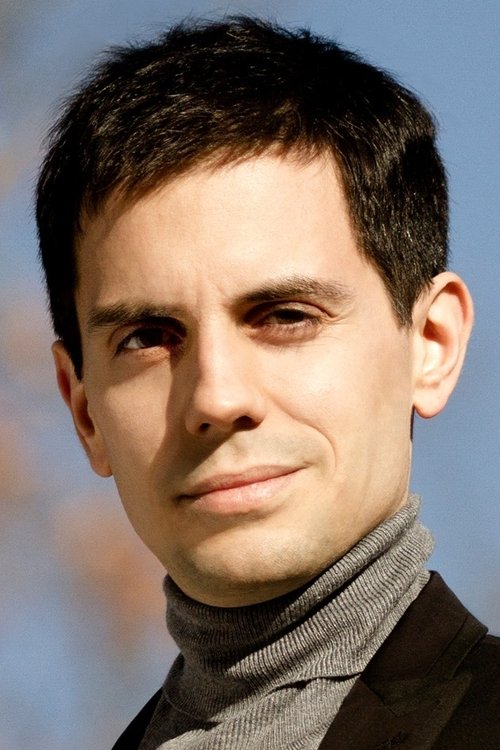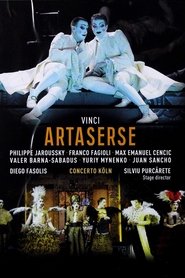detail profile juan sancho
Peran Yang Di Mainkan Juan Sancho
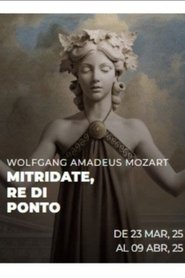 King Mitridate has left his empire...
King Mitridate has left his empire...Mitridate, re di Ponto 2025
King Mitridate has left his empire in the care of his sons Sifare and Farnace while he is away at war. Deceived by a rumour of his father's death, Farnace declares his love to the King's betrothed, Aspasia. She seeks the protection of Sifare. Mitridate returns with Ismene as a bride for Farnace. When he hears of Farnace’s guilt, he determines to kill him. Will the ensuing intrigue of rivalry - in love and in politics - wind its way to a happy end?
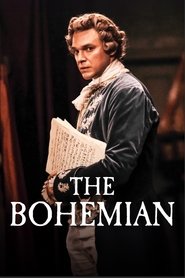 The year is 1764 For over a...
The year is 1764 For over a...The Bohemian 2022
The year is 1764. For over a year, Josef has been leading a precarious life in Venice. He hopes to become an opera composer. The city, full of talented and already-established composers, seems closed to him. Looking for work as a violinist, he comes into the orbit of a rich young woman. Thanks to her, he gets the opportunity to play at salons. But his real opportunity arises when he becomes the lover of a libertine marquise. She teaches him worldly manners, rids him of signs of a provincial upbringing and introduces him to a hedonistic existence free from religious intolerance. Thus transformed, Josef gets an incan incredible commission: to write an opera for the San Carlo, Europe's largest theatre.
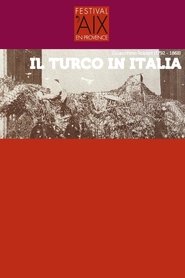 In the bright sunlight of opera...
In the bright sunlight of opera...Il Turco in Italia - Festival d'Aix-en-Provence 2014
In the bright sunlight of opera buffa, a handsome Turkish prince (with an agile bass voice) lands on the coast of Naples looking for amorous adventures. In no time at all he meets a vivacious Italian girl (a coquettish virtuoso soprano), who is accustomed to flitting between admirers, much to the displeasure of her elderly husband. This little group carries on its flirtations, rivalries and quarrels under the delighted eyes of the poet Prosdocimo, who, as it happens, has been seeking inspiration for a dramma buffo.
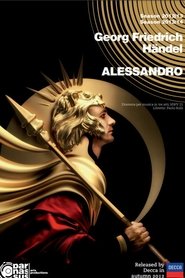 Alessandro HWV 21 is an opera composed...
Alessandro HWV 21 is an opera composed...Haendel - Alessandro with Max Emanuel Cencic (Opéra Royal de Versailles) 2013
Alessandro (HWV 21), is an opera composed by George Frideric Handel in 1726 for the Royal Academy of Music. Paolo Rolli's libretto is based on the story of Ortensio Mauro's La superbia d'Alessandro. This was the first time the famous singers Faustina Bordoni and Francesca Cuzzoni appeared together in one of Handel's operas. The original cast also included Francesco Bernardi who was known as Senesino. The story recounts Alexander the Great's journey to India and depicts him less in a heroic vein than as vainglorious as well as indecisive in matters of the heart. The work's charm and lightness of touch make it at times almost a comic work.[3]
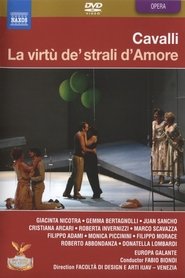 La virt de strali dAmore was...
La virt de strali dAmore was...Cavalli: La Virtu De Strali D'Amore 2011
La virtù de strali dAmore was the first of ten operas Cavalli wrote with librettist Giovanni Faustini. Set in Cyprus, the plot involves enchanted and pastoral elements, love and its thwarting, the counterpointing of Man and God, sorcery, revelation and ultimate resolution, all accomplished in a brilliant series of scenes. A follower of Monteverdi, Cavalli reveals the influence of the older man but also his own pronounced independence. Fabio Biondi and Europa Galante have become one of the most admired partnerships in the history of baroque music performance.
